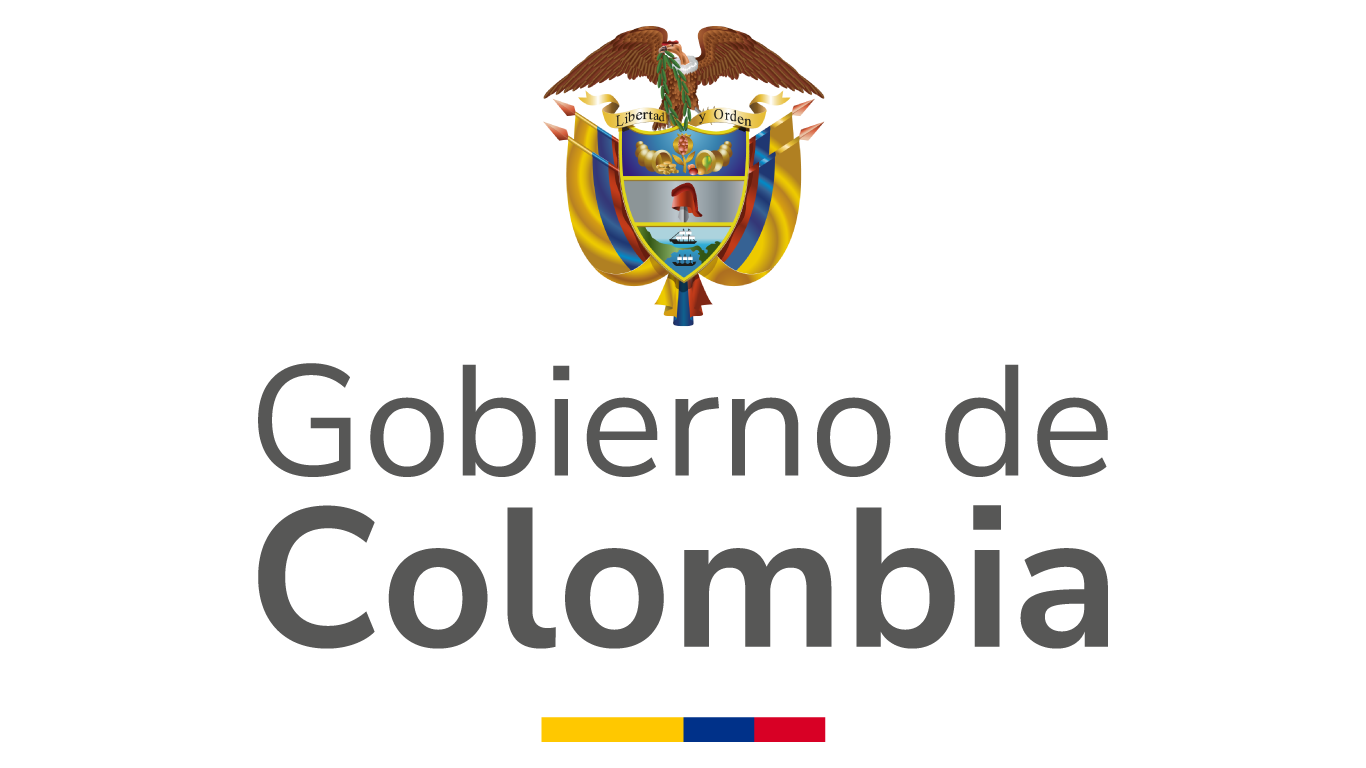Colombia's Strategy for Cooperation with the Caribbean Basin is an initiative by the National Government with the participation of Government entities, civil society and international agencies interested in the promotion of social and economic development of the region, through the strengthening of skills, exchange of experiences, creation of work networks and horizontal alliances.
The Strategy's guiding principles are focused on the promotion of mutual help between the partnering countries, through recognition of sound practices and success stories in order to face the emerging challenges of regional development.
Within the framework of the South-South cooperation concept, the Strategy is based on equity, trust and collaborative work between the different participants, enabling the transfer of skills and lessons learned in order to ensure successful adaptation and replication of the process.
The following are the expected outcomes of the Caribbean Strategy:
- Identification and design phase: Consultation exercises to identify the needs and requests for cooperation of the region's entities.
- In-depth expansion phase: Linking requests from Caribbean entities with strengths of Colombian institutions and fostering information exchange and skill transfer between the entities of the region.
- Strengthening and assistance phase: Strengthening and replicating the knowledge acquired during the first phases of the Strategy and providing assistance to face the skill development challenges of the region.
The 25 member countries are: Antigua and Barbuda, Bahamas, Barbados, Belize, Costa Rica, Cuba, Dominica, El Salvador, Grenada, Guatemala, Guyana, Haiti, Honduras, Jamaica, Mexico, Montserrat, Nicaragua, Panama, Saint Kitts and Nevis (Saint Christopher and Nevis), Saint Lucia, Saint Vincent and the Grenadines, Surinam, Trinidad and Tobago and Venezuela.










